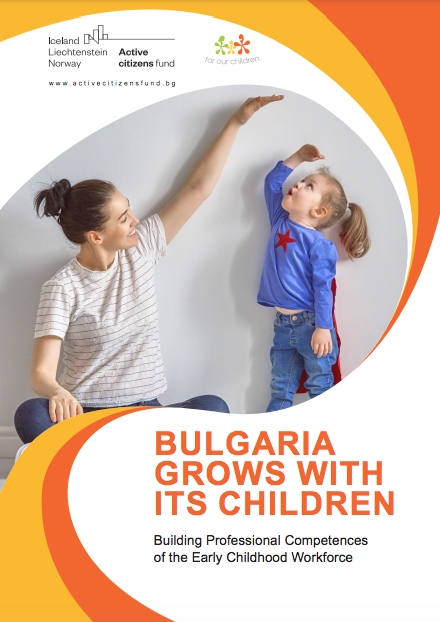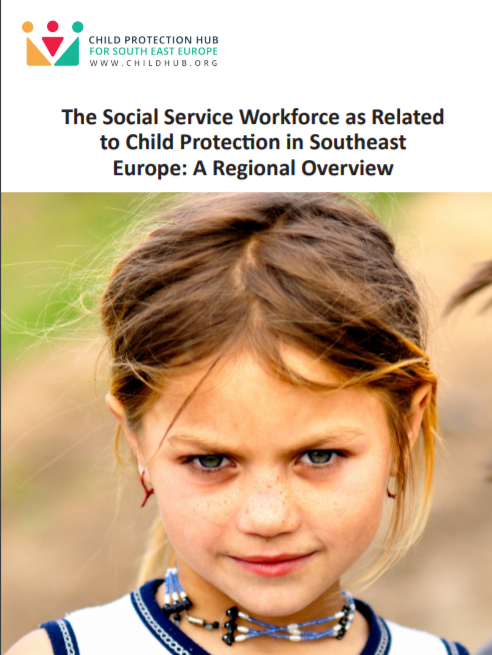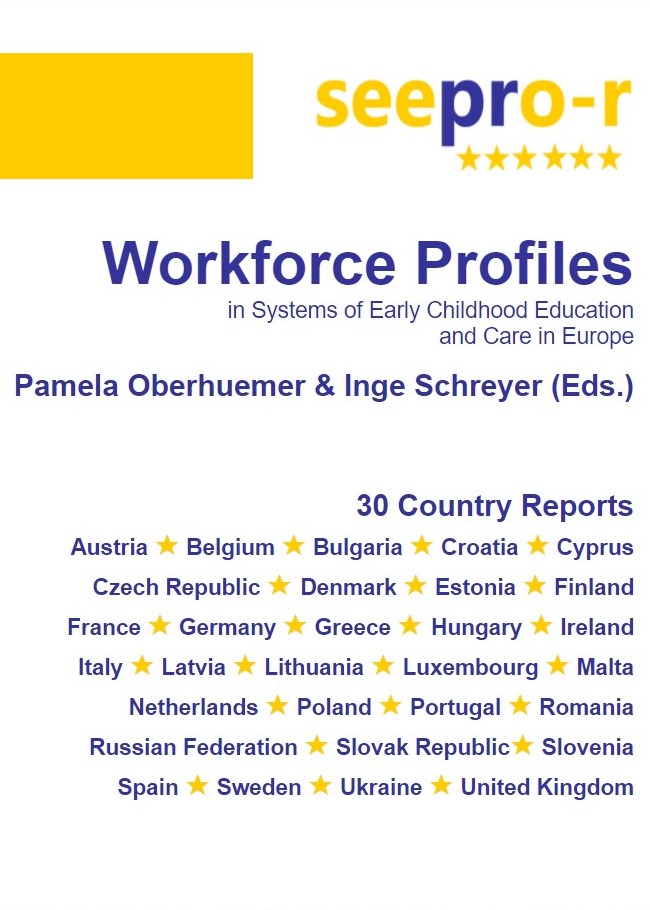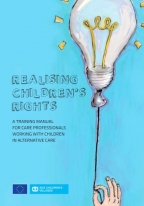Summary:
This regional (Albania, Bosnia and Herzegovina, Bulgaria, Croatia, Kosovo, Moldova, Romania and Serbia) overview aims to sketch the social service workforce—with a focus on those engaged in the child protection system—in southeast Europe. Specific research areas include, but are not limited to the following:
1. Perceptions and understandings of social service work
2. Who does what and where
3. Policy and regulatory frameworks
4. Organization and funding of child protection systems
5. Competencies and standards for the social service workforce
6. Professional development opportunities
7. Motivation and support
8. Working conditions for the workforce
The finding of the study can be used for improving the child protection system and the lives of children, families and communities by multiple stakeholders which among other include: national governments, professional social service worker associations, NGOs and civil society agencies that rely on the social service workforce to provide child protection services, and educational institutions who train social service workers.
This report represents part of a global research movement to map the social service workforce in diverse regions, which aims at highlighting promising approaches and unique elements to certain countries whereas at the same time identifies common challenges and trends across regions.
Authors:
Child Protection Hub
Year of Publication:
2016





